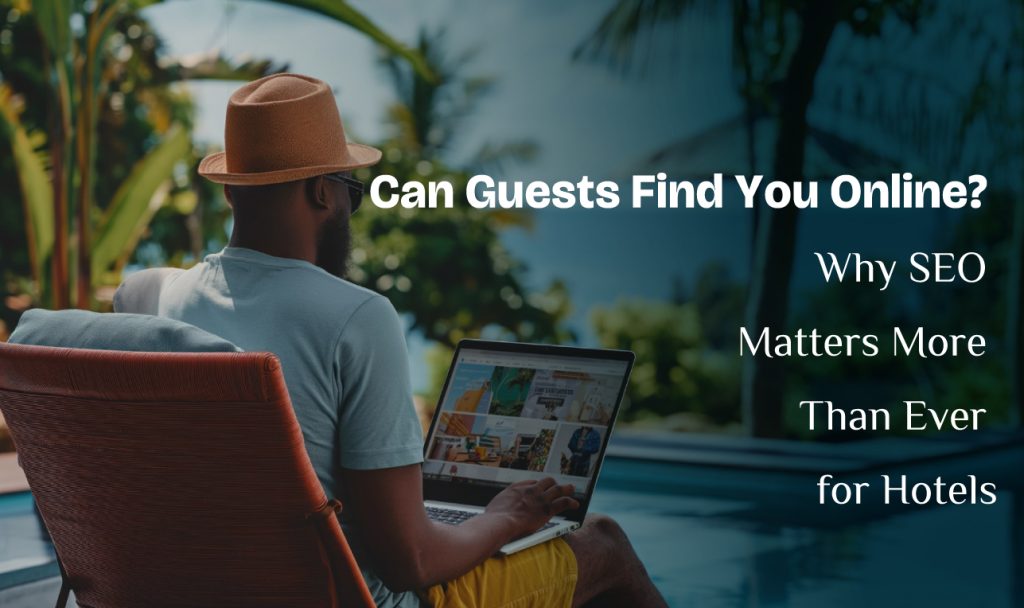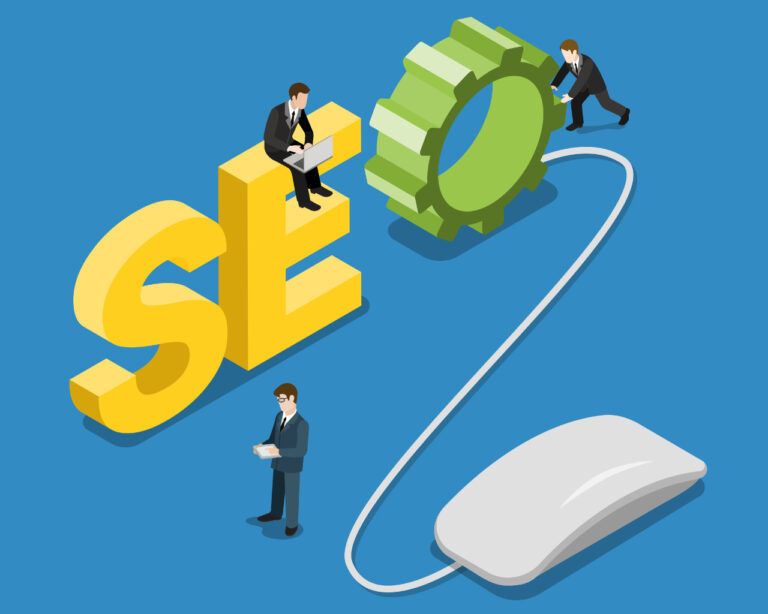Today’s travelers overwhelmingly use search engines and online reviews to plan stays. For example, 72–90% of travelers research or book online, preferring to complete bookings digitally trustyou.comtrustyou.com.
In fact, “most travelers start their search for accommodation online” – if your hotel isn’t on Google’s first page, it “might as well not exist” mews.com.
As TrustYou reports, 90% of travelers are influenced by online reviews and 72% won’t book until they’ve read them trustyou.com. Similarly, SiteMinder notes that over 8 in 10 people always or frequently read a review before booking siteminder.com.
In short, the modern guest begins their trip online – on Google, TripAdvisor, social media – not from a friend’s tip.
- Key stats: 90% research online; 80%+ book online trustyou.comtrustyou.com. 90% are swayed by reviews trustyou.com, and 8/10 read reviews siteminder.com.
- Implication: If your hotel isn’t visible on Google or lacks reviews, even exceptional service won’t attract those online travelers. SEO ensures you appear when and where guests are searching.
Word-of-Mouth Has Gone Digital
Traditional word-of-mouth is powerful but limited to personal networks. Today, word-of-mouth has simply moved online: satisfied guests leave Google or TripAdvisor reviews that influence thousands more. As one agency notes, “word-of-mouth has worked, but you need a scalable, data-driven approach” v9digital.com.
Indeed, online word-of-mouth rules bookings: a staggering 88–90% of consumers trust online reviews as much as personal recommendations electroiq.comtrustyou.com.
Nearly 91% say positive reviews make them more likely to choose a business, and most shoppers check search engines for reviews before deciding electroiq.com.
- Digital WOM example: A hotel with no reviews will be skipped by 90% of travelers, while a high-rated hotel is far more likely to get bookings siteminder.comtrustyou.com.
- Why SEO matters: SEO helps build and showcase those reviews. Optimizing your website and Google Business Profile makes your reviews (and availability) appear high in search results. Once guests trust you from reviews, they’ll book directly.
SEO vs. Traditional Marketing
SEO delivers broader, measurable reach than old-school methods. Traditional ads and referrals have fixed reach, but digital marketing scales globally at low cost.
For example, SEO can draw guests from across the world to your remote hotel. Rategain notes that “the guest’s trip begins when they discover your hotel using… search engines including Google” – so being present on those platforms is more vital than ever rategain.com.
Similarly, RateGain explains that digital marketing (especially SEO) “increases visibility”: it lets hotels “boost their online presence via SEO” to be found by potential customers rategain.com.
- Visibility: SEO puts your hotel in front of people actively searching. As one guide warns, if you don’t show up on page 1, “you’ll miss out on opportunities”mews.com. SEO ensures “even appearing on the second page… is like it doesn’t exist”mews.com.
- Cost & ROI: Unlike ongoing ad spend, SEO “just keeps giving”: once you rank well, organic traffic is essentially free siteminder.com. It also builds equity: higher Google rankings and repeat visitors strengthen your brand over time seranking.cominsights.ehotelier.com.
Case Studies: SEO Success Stories
Industry examples show SEO’s real impact. In one cogwheel marketing campaign for a hotel in Key West, organic traffic and direct bookings soared insights.ehotelier.com.
Over 8 months, the hotel’s ranking keywords and site visits jumped dramatically – interior page traffic grew by ~18,800% (from 8 to 1,511 monthly visitors) insights.ehotelier.com.
Another study highlights a French hotel where SEO efforts tripled monthly website visits and boosted bookings by 38% seranking.com.
Key Takeaways for Hoteliers
- Travelers search first: Over 90% of guests research hotels online trustyou.com. If your site isn’t optimized for SEO, those guests may never find you.
- Reviews drive bookings: Online reviews (digital word-of-mouth) influence 88–90% of travelers electroiq.comtrustyou.com. SEO helps you control and highlight positive reviews (e.g. on Google Maps).
- Visibility equals viability: “If your hotel does not appear among the first results, it might as well not exist”mews.com. SEO puts your hotel at the top of search results, capturing travelers who are ready to book.
- Direct bookings and ROI: SEO builds long-term direct demand. Case studies show triple traffic and double-digit booking growth seranking.cominsights.ehotelier.com. In contrast, word-of-mouth alone cannot scale or be precisely targeted.
- Remote hotels benefit greatly: In remote areas without heavy foot traffic, SEO creates awareness. By optimizing for local keywords and maps, a lodge can attract wildlife enthusiasts or adventure travelers who otherwise wouldn’t know it exists.
















